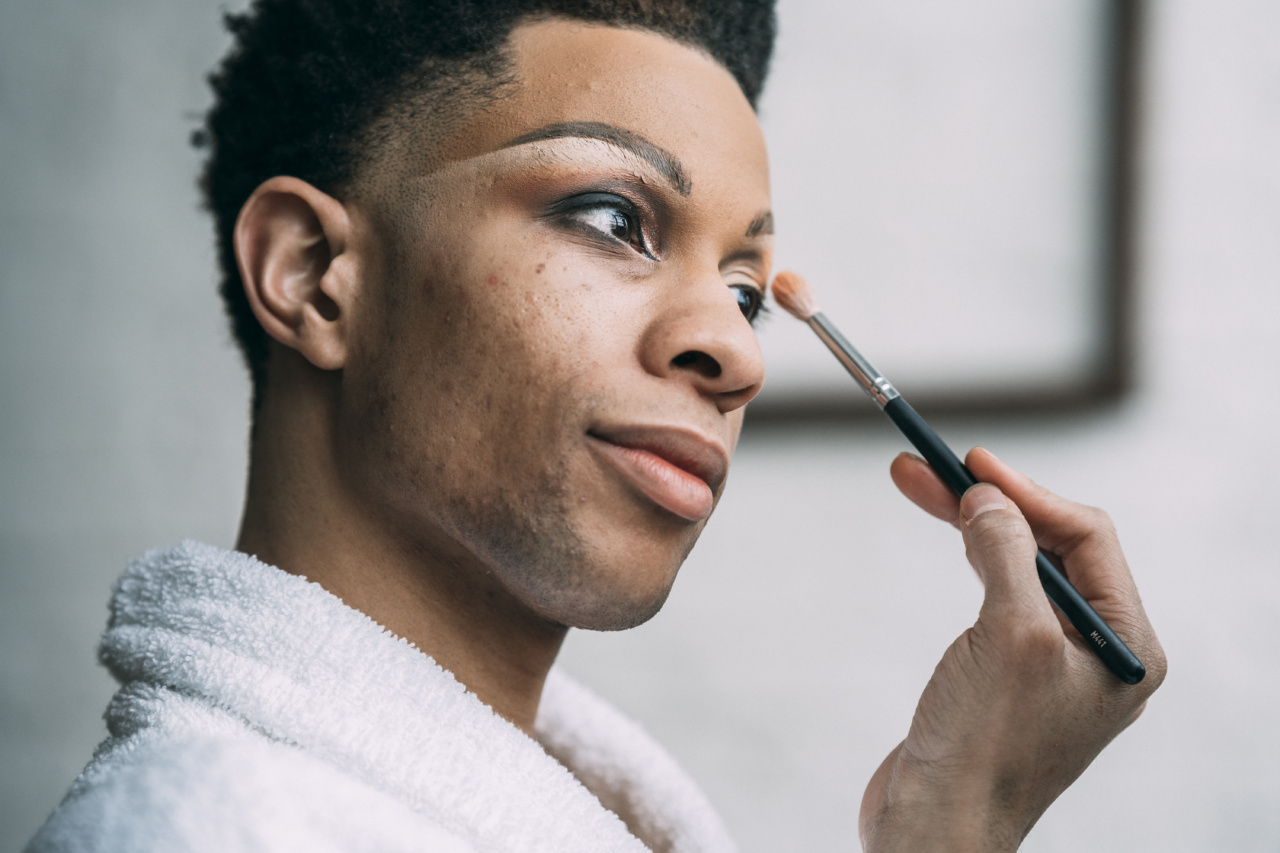If you are considering getting a budgie parrot as a pet, it is important to gather all the necessary information beforehand. Budgies, also known as budgerigars or parakeets, are small and colorful birds native to Australia.
These intelligent and social creatures are popular pets due to their playful nature and ability to mimic human speech. In this guide, we will provide you with all the essential information you need to know as a potential budgie parrot owner.
1. Budgie Parrot Characteristics
Budgies are small birds, typically measuring around 7 to 8 inches in length. They have a slender build with long tails, and their bodies come in various vibrant colors such as blue, green, yellow, and white.
Budgies have a distinctive pattern known as barring on their heads and necks, with males often having a bluish-purple cere (the fleshy area above the beak) and females having a beige or brown cere.
2. Lifespan of Budgie Parrots
On average, budgie parrots have a lifespan of 5 to 10 years. However, with proper care and a healthy diet, they can live up to 15 years or even longer.
This makes it important to consider the long-term commitment of owning a budgie before bringing one home.
3. Housing and Cage Requirements
Budgies need a spacious and secure cage to thrive in. The cage should be large enough to allow them to fly, exercise, and explore.
A minimum cage size for a single budgie is about 18 by 18 by 18 inches, but if possible, opt for a larger cage to give your pet more room to move around. The cage should be made of sturdy materials, with bars spaced close enough together to prevent escape.
4. Toys and Accessories for Budgies
Budgies are lively and active birds that require mental stimulation and entertainment. Provide them with a variety of toys, such as swings, bells, ladders, and puzzle toys, to keep them engaged and prevent boredom.
Additionally, budgies enjoy perching on different surfaces, so include natural wooden perches of varying thicknesses to promote foot health and exercise.
5. Diet and Feeding
A well-balanced diet is crucial for the overall health of budgie parrots. Their diet primarily consists of high-quality commercial budgie seed mix, supplemented with fresh fruits, vegetables, and occasional treats.
Leafy greens like kale, spinach, and cilantro, as well as fruits like apple and berries, are all good choices. Ensure a fresh supply of water is available at all times.
6. Socialization and Training
Budgies are highly social birds that thrive on interaction and companionship. It is important to spend time with your budgie every day to build trust and maintain their social well-being.
With patience and positive reinforcement, budgies can be trained to perform tricks, mimic sounds, and even talk. Their ability to mimic human speech makes them a popular choice among bird enthusiasts.
7. Health and Veterinary Care
Regular veterinary check-ups are essential to ensure the well-being of your budgie parrot.
Schedule annual wellness exams and be on the lookout for signs of illness such as changes in appetite, feather plucking, excessive sneezing, or discharge from the eyes or beak. Maintaining a clean cage, providing a balanced diet, and avoiding exposure to drafts and toxins are critical for preventing health issues.
8. Budgie Parrots and Children
Budgies can make wonderful pets for families with children. However, it is important to teach children how to handle and interact with budgies gently and respectfully.
Supervision is necessary to ensure that both the budgie and the child are safe during interactions.
9. Noise Level and Consideration for Neighbors
Budgies are known for their vocal nature, and while their chirping can be pleasant, it can also be loud at times. Consider the noise levels and the potential impact on your neighbors before bringing a budgie parrot into your home.
Adequate soundproofing and placing the cage in a suitable location can help minimize noise disturbances.
10. Adoption and Purchase Options
If you have decided that a budgie parrot is the right pet for you, it is important to consider adoption as an option.
Many budgies are in need of loving homes, and adopting one not only saves a life but also reduces the demand for birds bred in captivity. Check local animal shelters, rescue organizations, or avian societies for budgies available for adoption. If you prefer purchasing a budgie from a breeder or pet store, ensure they have a good reputation and prioritize the birds’ welfare.






























